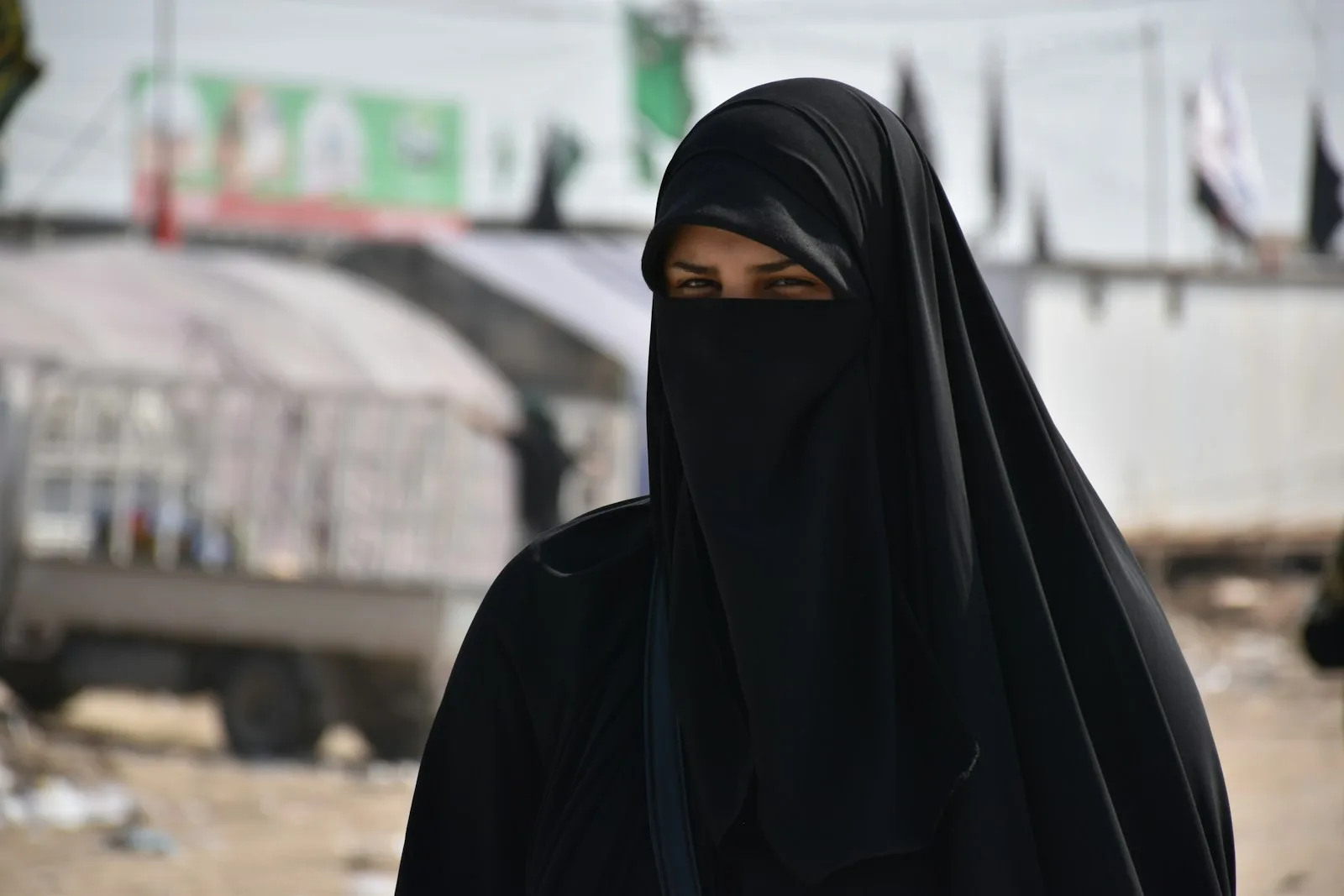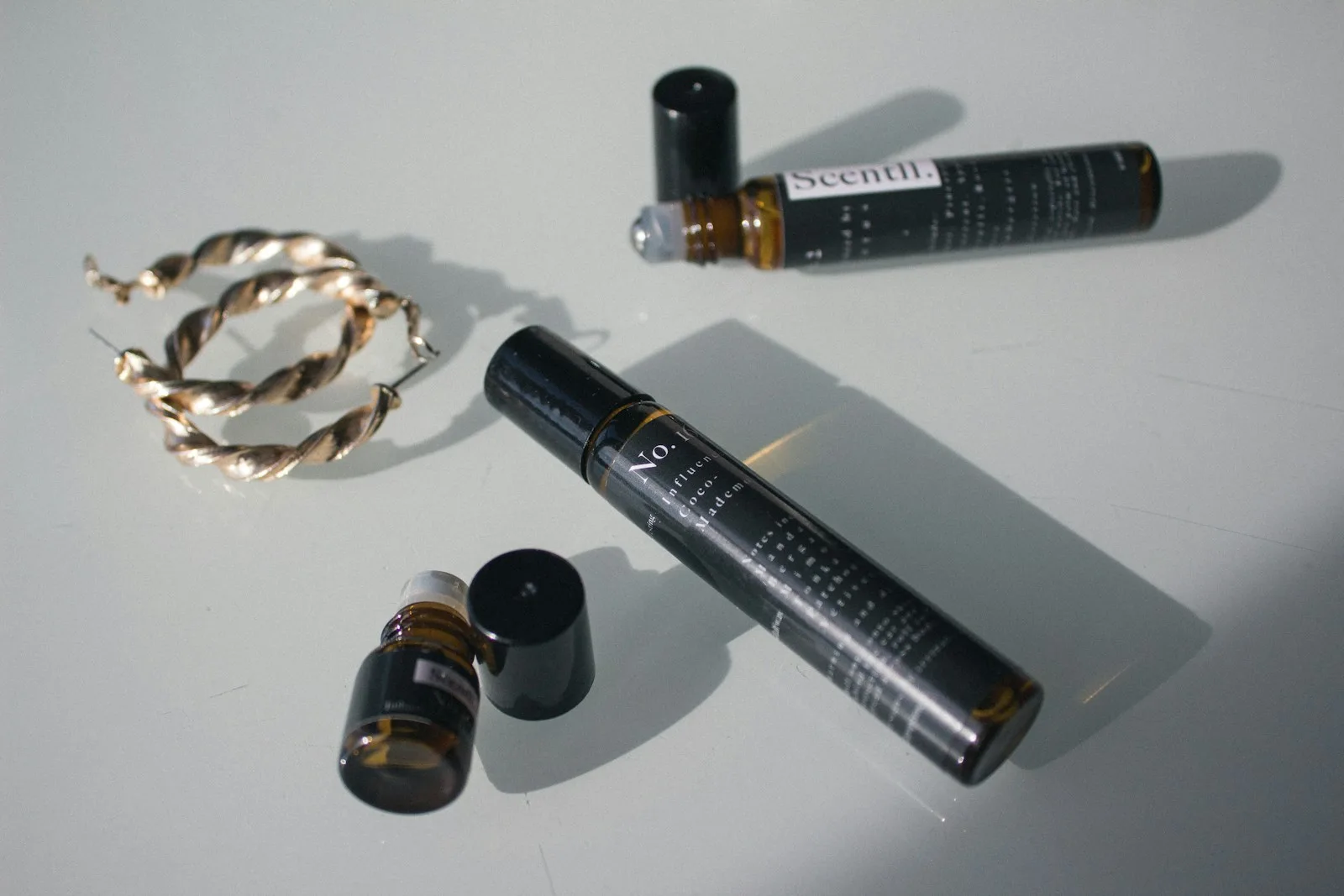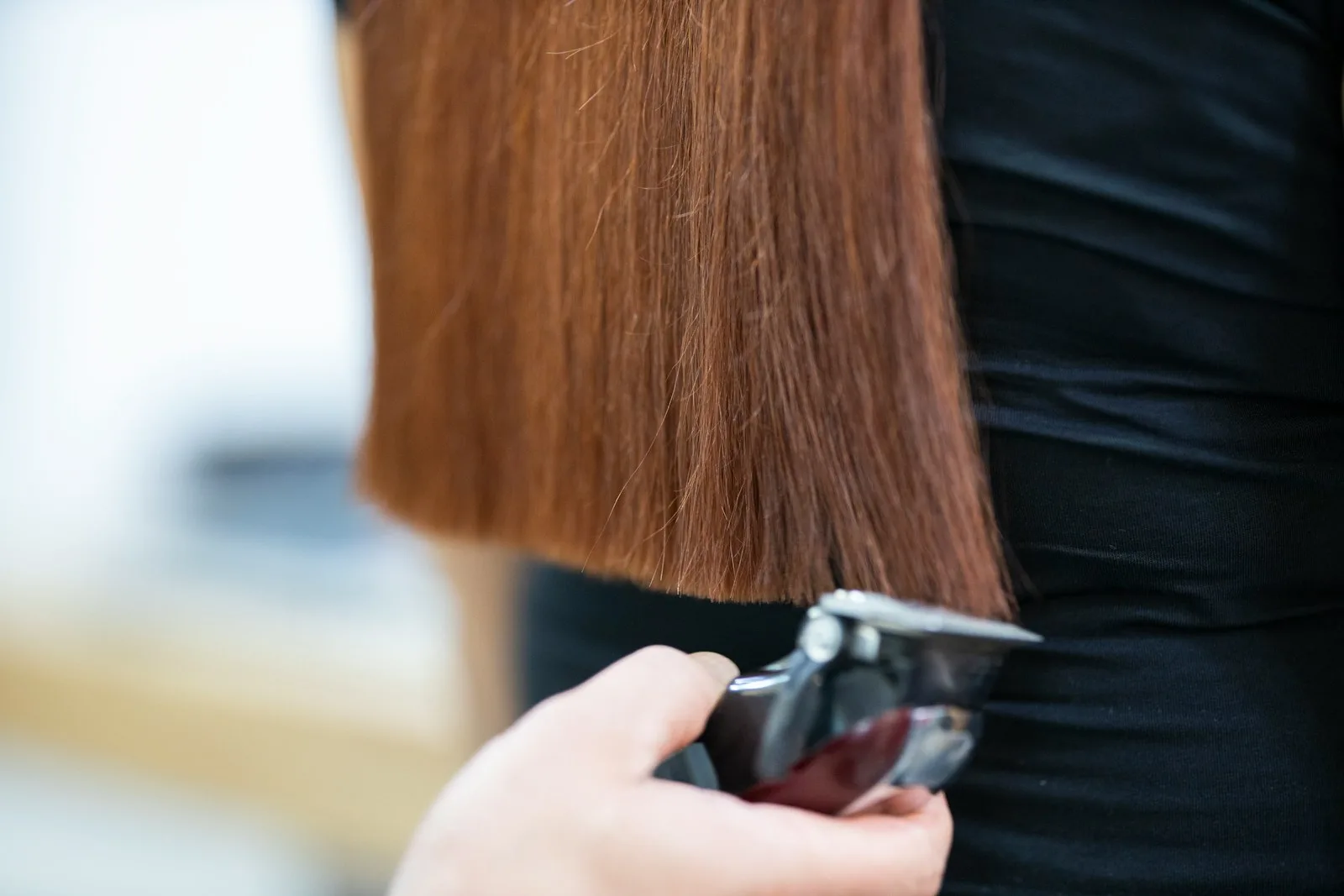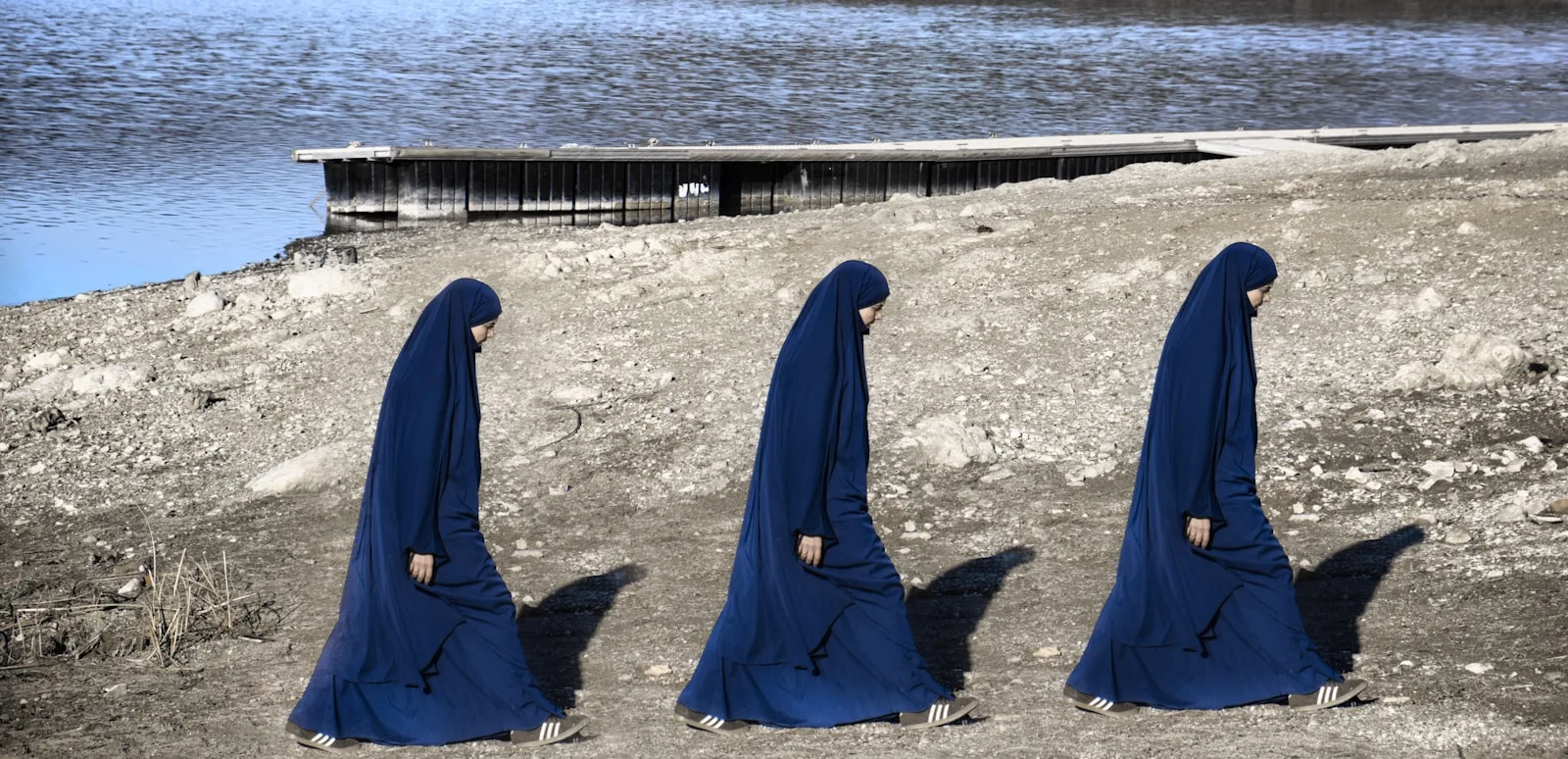Performing Umrah is a deeply spiritual journey that requires adherence to specific rules and guidelines, particularly for women.
The state of Ihram, a sacred condition that pilgrims enter before performing the rituals, imposes certain prohibitions and restrictions.
These rules are not only about maintaining the purity and simplicity of the pilgrimage but also about ensuring that the focus remains on spiritual devotion.
1. Prohibition of Wearing Niqab during Ihram

Women are not permitted to cover their faces with a niqab while in the state of Ihram.
The Prophet Muhammad (PBUH) specifically forbade women in Ihram for Hajj or Umrah from wearing a niqab and gloves.
Aisha (RA) narrated that when they were in Ihram with the Prophet (PBUH), they would lower their jilbaab over their faces when riders approached, and lift it once the riders had passed.
2. Prohibition on Wearing Perfume or Jewelry during Ihram

Women in Ihram for Umrah are not allowed to wear perfume or apply makeup. The use of cosmetics or fragrances contradicts the simplicity and purity that Ihram represents.
3. Prohibition of Marital Relations during Ihram

Marital relations are prohibited for anyone performing Umrah while in Ihram. After completing Tawaf and Sa’i, all activities that were permissible before entering Ihram, including marital relations, are allowed again.
4. Prohibition on Cutting Hair or Nails after Entering Ihram

While cutting hair or nails is allowed before entering Ihram, it becomes forbidden after making the intention to enter Ihram.
The pilgrim must refrain from cutting nails or removing hair until completing Tawaf and Sa’i for Umrah, at which point they may trim their hair to exit Ihram.
5. Prohibition on Vain Talk and Sinful Acts during Pilgrimage

The Prophet (PBUH) said that those who complete the pilgrimage while avoiding impure actions and immoral speech will emerge as innocent and pure as a newborn.
Engaging in vain talk or sinful behavior is prohibited for both men and women during the pilgrimage.
6. Restriction on Tawaf for Menstruating Women

Women who are menstruating are not allowed to perform Tawaf. They must wait until they are pure to perform Tawaf. If they leave without performing Tawaf, they are required to return and complete it.
7. Dress Code for Women during Umrah

Women performing Umrah should wear simple, modest clothing and avoid glittery or attention-grabbing attire. They are required to cover their entire bodies except for their hands and face.
Doing any of these can invalidate your Hajj and Umrah, or else you’ll have to do Dumm (a form of charity) in order to make your Umrah or Hajj successful.
Subscribe to our channels on WhatsApp, Google News, Facebook and Instagram.Discover more from The Islamic Information
Subscribe to get the latest posts sent to your email.








![15 Countries With The Most Muslim Population In The World [year] 15 muslim population countries](https://theislamicinformation.com/wp-content/uploads/2024/08/yg8cz-i5u30-1-110x110.webp)



